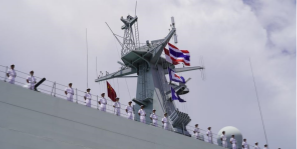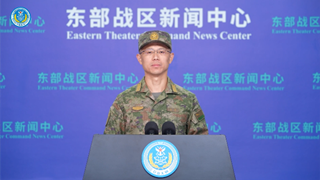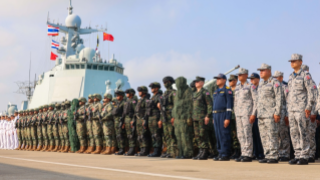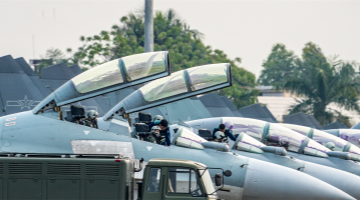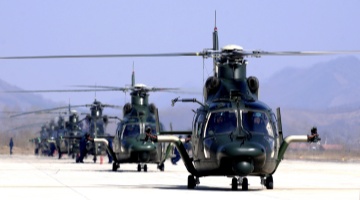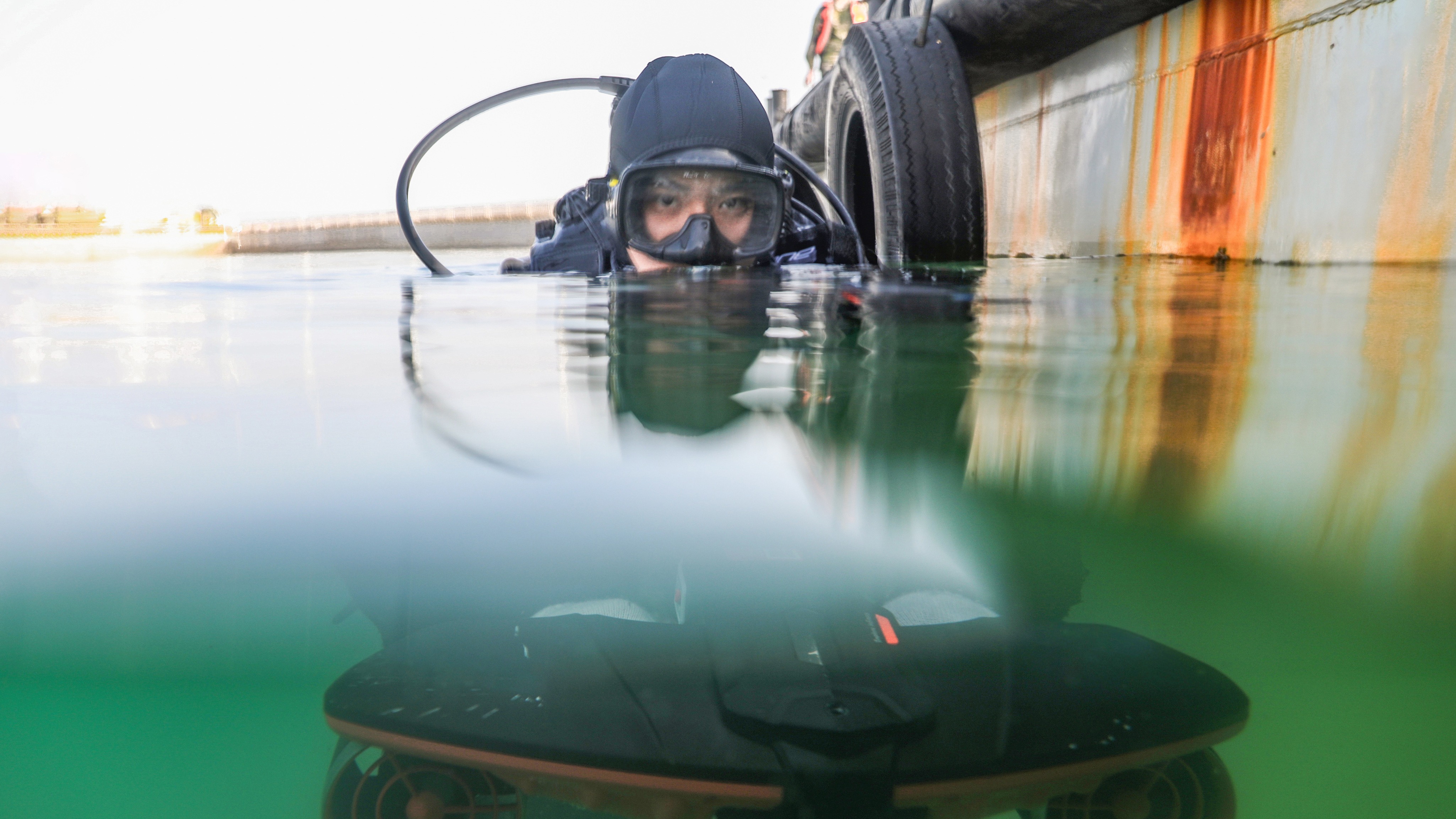By Hu Bo
In recent years, the discourse of some Western countries and some Southeast Asian claimants on the South China Sea issue has evolved into a discourse that prioritizes positions and emotions, regardless of right or wrong. That is, regardless of the actual situation and specific facts, they are targeting China, and even fabricate all kinds of absurd stories. As a result, rumors about China's statements, policies, and actions regarding the South China Sea have continuously surfaced.
The inaugural Manila Dialogue on the South China Sea was held in Manila, the Philippines from November 6 to 8. This dialogue was initiated at the behest of Philippine President Ferdinand Romualdez Marcos Jr. and co-hosted by multiple Philippine non-governmental organizations and the US think tank Pacific Forum. The conference aimed to build an international united front on cognitive warfare against China's South China Sea stance. Around 200 experts and media representatives from 19 countries including the US, Australia, Vietnam, Japan, Germany, and France attended the event.
In this smear campaign against China, apart from the representatives from the Philippines, the most prominent ones are mainly the following three categories. The first category is the extreme anti-China figures represented by RayPowell, the director of Project Myoushu (launched by Stanford University). He directly accused China of being "imperialist".
The second category consists of ambassadors from Western countries like the US, Japan, and Canada to the Philippines, whose remarks predictably skewed and adhered to so-called "political correctness", placing all responsibility for the South China Sea issues squarely on China and publicly declaring their support for the Philippines in confronting China.
While the atmosphere seemed intimidating, Chinese experts who are truly familiar with South China Sea affairs and have been following the South China Sea issues for a long time can still deal with it with ease. Professor Lei Xiaolu from Wuhan University China Institute of Boundary and Ocean Studies (CIBOS) introduced the recent Report on Navigation and Overflight Situation in the South China Sea by the South China Sea Strategic Situation Probing Initiative (SCSPI) in a panel discussion on the legal frameworks of the South China Sea. Professor Lei presented data and visuals that detailed the navigation and overflight situation and relevant legal issues in the South China Sea, leaving a strong impression on the audience.
The primary challenge in shaping global perception on the topic of the South China Sea is that dominant Western voices often promote narratives based on stance and emotion rather than facts and truth. In the foreseeable future, Chinese diplomats and experts may continue to face criticism on the international stage, as Western countries control much of the global discourse, and public opinion often favors weaker countries. Nonetheless, the Chinese officials and scholars will articulate China's perspective, assert China's claims, and dispel rumors aimed at China in such international forums.
(The author is the director of the South China Sea Strategic Situation Probing Initiative.)







